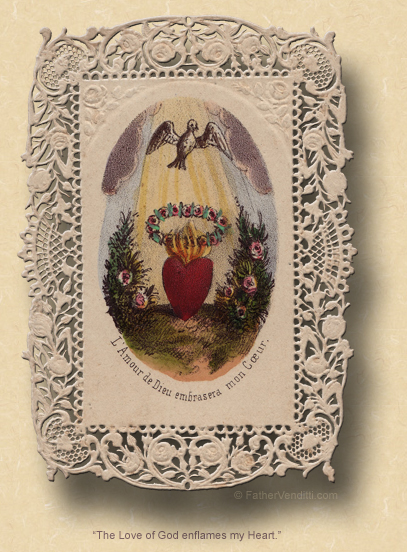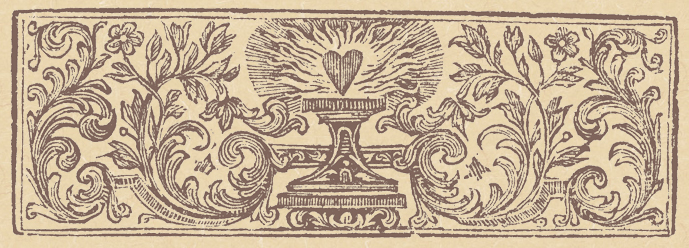Little Pagans Shouldn't Play with Matches.
The Tenth Wednesday of Ordinary Time.
Lessons from the secondary feria, according to the ordinary form of the Roman Rite:
• I Kings 18: 20-39.
• Psalm 16: 1-2, 4-5, 8, 11.
• Matthew 5: 17-19.
The Third Wednesday after Pentecost.
Lessons from the dominica,* according to the extraordinary form of the Roman Rite:
• I Peter 5: 6-11.
• Psalm 54: 23, 17, 19.
• Luke 15: 1-10.
The Third Wednesday of the Apostles Fast; and, the Remembrance of the Translation of the Relics of the Great Martyr Theodore the Recruit.
Lessons from the pentecostarion, according to the Ruthenian recension of the Byzantine Rite:
• Romans 11: 2-12.
• Matthew 11: 20-26.
FatherVenditti.com
|
 8:22 AM 6/8/2016 — Today's first lesson is another of those iconic moments in the life of the Prophet Elijah, to which I've been making reference all week. The whole First Book of Kings is kind of like a bizarre soap opera: there are a lot of stories in it, all interconnected in some way. Today's lesson presents to us the Prophet's confrontation with the priests of Baal. 8:22 AM 6/8/2016 — Today's first lesson is another of those iconic moments in the life of the Prophet Elijah, to which I've been making reference all week. The whole First Book of Kings is kind of like a bizarre soap opera: there are a lot of stories in it, all interconnected in some way. Today's lesson presents to us the Prophet's confrontation with the priests of Baal.
The worship of the god Baal was the dominant pagan religion of Elijah’s time, and many of the Jews had been suckered into it through the influence of the emperor, Ahab, and his crafty wife, Jezebel, who will make their cameo appearance later this week. They were attracted to the worship of Baal because of the great and magnificent displays that the priests of Baal would put on for them, cutting themselves with knives and appearing to feel no pain. So, Elijah challenges the priests of Baal to a kind of liturgical competition. He suggests that they build two altars in the presence of the people, one to their god and one to his. Then they would pile wood on each altar, and pray to whichever was the true god to send down lightening to ignite the wood on the altar of the true God; and, you heard the story when the lesson was read to you: Elijah doesn't exactly ingratiate himself to the priests by taunting them the way he does, suggesting that their God is asleep or meditating and that they need to pray louder. The priests of Baal hedge their bets by putting dry wood on their altar and giving Elijah damp, green wood for his; and, when the water-soaked sacrifice on Elijah's altar busts into a roaring fire, the people fall prostrate and shout, “The Lord is God! The Lord is God!” (I Kings 18: 39 NABRE). The Roman Missal actually cuts the episode short by a few verses, because right after this we are told that the people flew into a rage against the priests of Baal and massacred them.
It's OK, though, because what’s important for us to consider here is not the massacre of the pagan priests, but rather the fact that God didn’t even require the dry wood. Building upon our consideration of the tepid soul from yesterday, we can observe that the wood of our souls is often green and damp because of our tepidness, our slavery to our passions, our spiritual laziness, our many weaknesses and sins; and yet, God can still ignite in us the fire of His love and His will and the faith of the Church that worships Him. We don’t have to be perfect and pure for God to live and work through us. He lives in us in spite of ourselves, particularly when we receive Him worthily in Holy Communion. And we can be purified by that fire to live even better lives.
Our Blessed Lord has lit the fire of His love in our hearts; and, even though we are continually throwing cold water on that flame with our many sins, He keeps on re-lighting it, principally through confession and our worthy reception of Holy Communion. Let's renew our resolution to keep the flame of His love always burning in our hearts.

* In the extraordinary form, on the ferial days outside of privileged seasons, the lessons are repeated from the previous Sunday.
|

